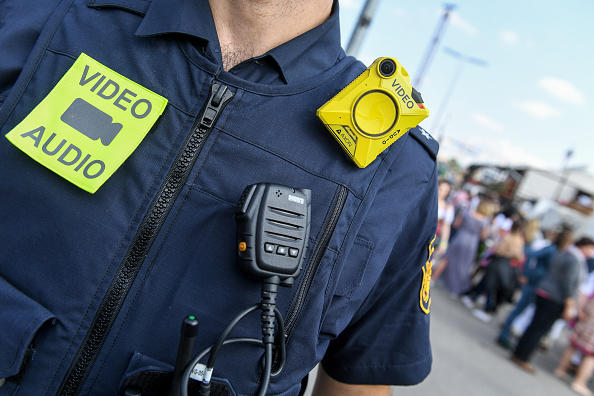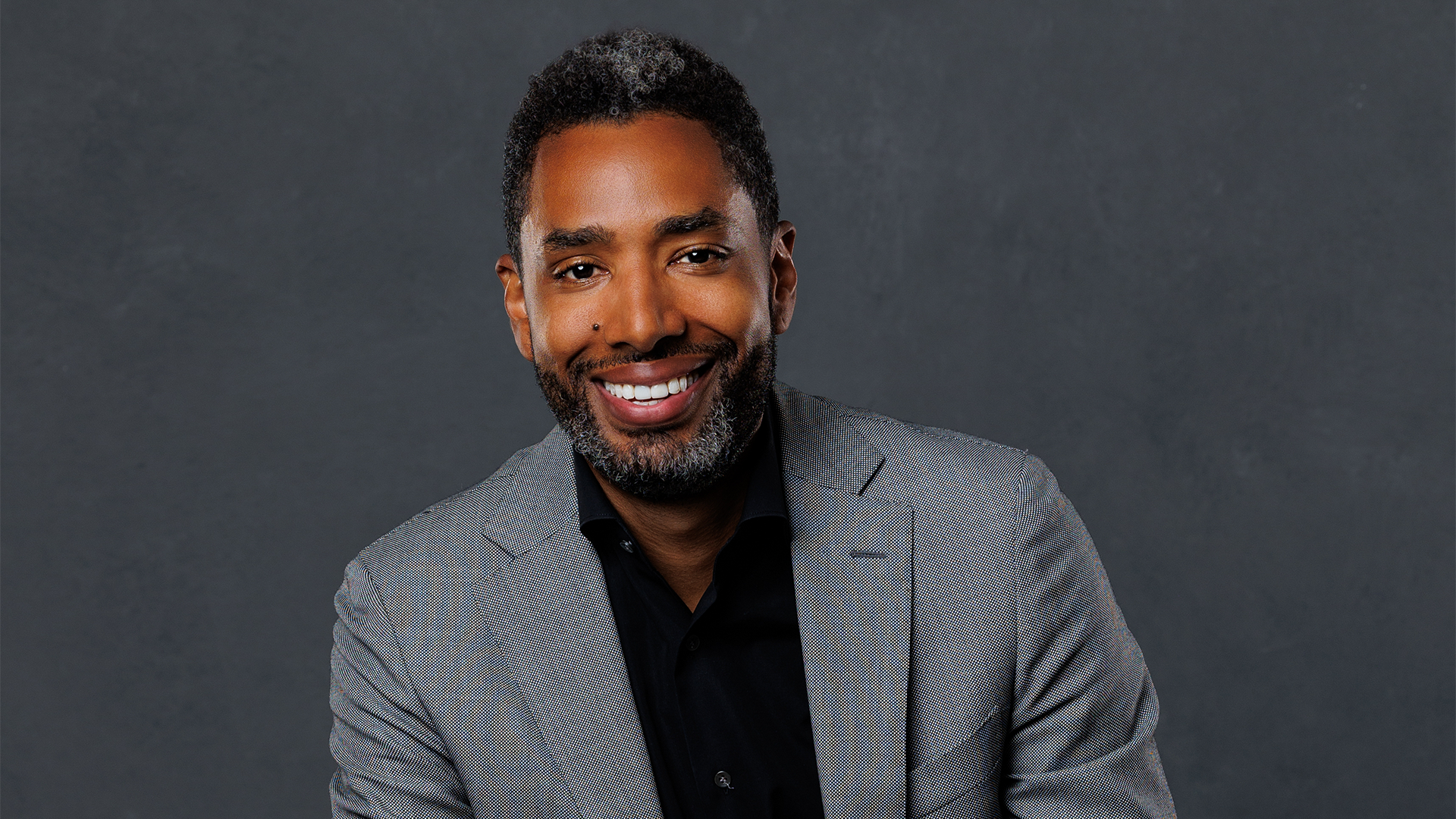Body cameras were intended to be a way of encouraging police accountability. The idea was that if encounters were recorded, police would be unable to lie about events that took place.
Now, there’s a rising concern that police may add facial recognition software to body cameras — essentially transforming them into roving face surveillance systems. A coalition of privacy and civil rights groups are taking action in California to ensure that doesn’t happen.
The Body Cam Accountability Act — otherwise known as AB 1215 — was proposed by Assemblymember Phil Ting (D-San Francisco), who described it as “an important civil rights measure that will prevent exploitation of vulnerable communities.”
The bill has gained support from the American Civil Liberties Union, Color of Change, Council on American-Islamic Relations, Data for Black Lives, and more. In a statement obtained by AfroTech, the ACLU wrote:
“The people of California were promised that body cameras would guard against police misconduct and increase community trust in law enforcement. Implanting body cameras with face recognition technology would be a dangerous move in the wrong direction, unacceptably transforming these devices into police surveillance networks with potentially tragic consequences. People should be able to go about their business without being face-scanned and loaded into a government tracking database. This bill would prevent the use of face surveillance and other biometric surveillance technology with police body cameras and similar devices, joining other states that have already taken this technology off the table for those devices.”
If the police were able to add facial recognition technology to body cameras, it would pose a unique threat to Constitutional Rights — including the First and Fourth Amendment, which guarantee freedom of speech and the right to privacy, respectively.
Although there is often focus on facial recognition’s inaccuracies — including its struggles to read people of color — there’s no easy “fix” for these systems. In a society where communities of color have historically been under surveillance, making facial recognition better at identifying individuals, doesn’t solve the problem.
That’s seen clearly with the risks of police using body cameras for face surveillance. Tools that were intended to provide officer accountability and transparency would become “roving surveillance networks; registering and reporting who we are, where we go, and where we have been over time – from the homes of friends, to medical offices, places of worship, and public protests.”
The bill itself notes that Californians, “value privacy as an essential element of their individual freedom,” and it is guaranteed under the state’s own constitution.
“The use of facial recognition and other biometric surveillance is the functional equivalent of requiring every person to show a personal photo identification card at all times in violation of recognized constitutional rights,” the bill says. “This technology also allows people to be tracked without consent. It would also generate massive databases about law-abiding Californians, and may chill the exercise of free speech in public places.”
Getting ahead of facial recognition before its deployed in new locations or in new ways is half of the battle. That was seen with San Francisco’s local ban of the technology last week. For advocates, California’s Body Cam Accountability Act is one way of getting ahead of the problem.
















